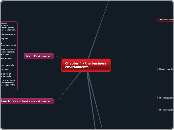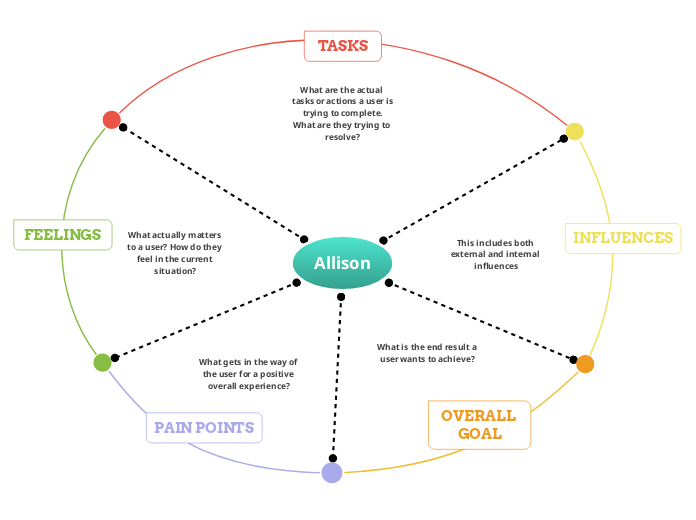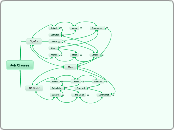a Sharmizah Binti Shamsul 6 éve
231
Chapter 1
Management involves a series of activities such as planning, controlling, leading, and organizing resources to achieve set goals. Various environmental factors like global, social, economic, political, and technological influences shape management thought.









